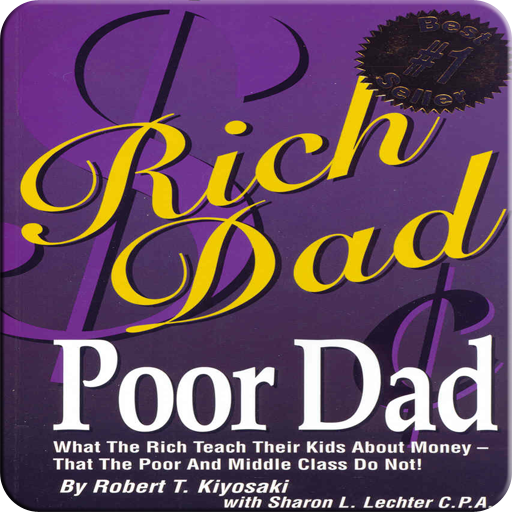7. Be an Indian giver.
7.做一个“印第安给予者”。
This is the power of getting something for nothing.
这就是无私的力量。
When the first European settlers came to America, they were taken aback by a cultural practice some American Indians had.
当第一批白人移民抵达美洲时,他们对印第安人的文化习惯感到十分惊讶。
For example, if a settler was cold, the Indian would give the person a blanket.
例如,当看到一个白人很冷时,印第安人会给他一条毯子。
Mistaking it for a gift, the settler was often offended when the Indian asked for it back.
可白人误以为这是一份礼物,因此当印第安人要回毯子时,他就感到十分不快。
The Indians also got upset when they realized the settlers did not want to give it back.
印第安人也会感到失望,因为他们发现白人移民竟然无意归还自己的毛毯。

That is where the term "Indian giver" came from, a simple cultural misunderstanding.
这就是“印第安给予者”一语的由来,是指一种简单的文化误读。
In the world of the asset column, being an Indian giver is vital to wealth.
在“资产项”领域,做一个“印第安给予者”对于获取财富来说十分重要。
The sophisticated investor's first question is: "How fast do I get my money back?"
一位老练的投资者的首要问题是:“我多久才能收回投资?”
They also want to know what they get for free, also called a "piece of the action."
他们还会想确定自己的投资能得到的回报,也被称为“白捡便宜”。
That is why the ROI, or return of and on investment, is so important.
这就是投资回报率重要的原因。
Frequently, my broker will call me and recommend I move a sizable amount of money into the stock of a company that he feels is just about to make a move that will add value to the stock, like announcing a new product.
我的经纪人经常会给我打电话,建议我动用一笔数额可观的资金,购买他看好的公司的股票,比如拥有某种新产品的公司的股票。
I will move my money in for a week to a month while the stock moves up.
于是,我会在股票上涨前一周到一个月内将资金调入。
Then I pull my initial dollar amount out, and stop worrying about the fluctuations of the market, because my initial money is back and ready to work on another asset.
赢利后,我便抽回初始资金,并不再担心后市的波动,因为我的成本已经收回,并又投资于其他资产了。
So my money goes in, and then it comes out, and I own an asset that was technically free.
通过这样的方式,使我拥有了一笔从技术上来说是无偿取得的资产。












